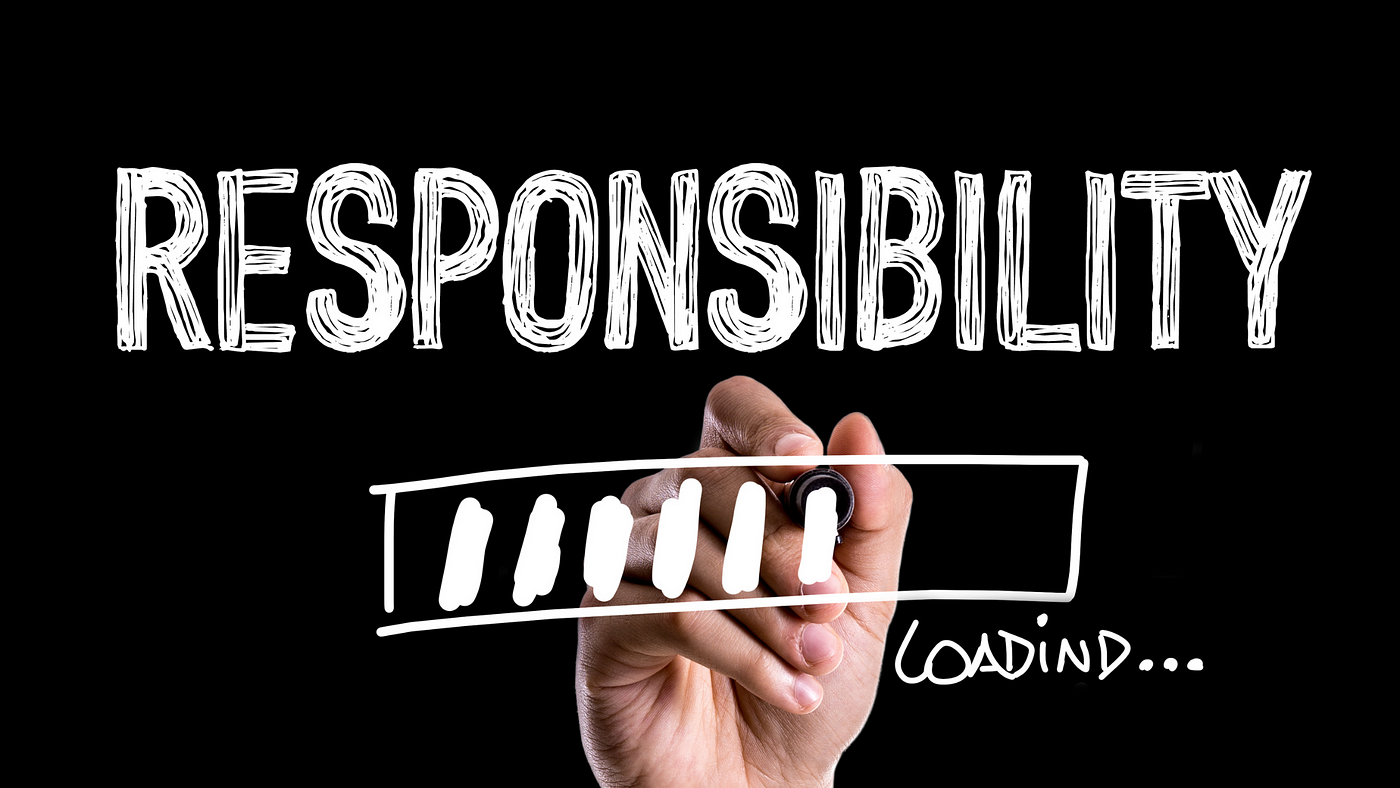
Why Is It Important to Take Responsibility for Your Personal Health and Wellness?
Taking responsibility for your personal health and wellness is one of the most empowering decisions you can make. It’s about recognizing that your well-being is in your hands and taking proactive steps to live a healthier, happier life. In a world where external pressures and busy lifestyles often dominate, prioritizing your health and wellness ensures that you not only survive but thrive.
In this article, we’ll explore why it’s important to take responsibility for your personal health and wellness, how it impacts every aspect of your life, and actionable tips to help you get started on your wellness journey.

What Does It Mean to Take Responsibility for Your Health and Wellness?
Taking responsibility for your personal health and wellness means:
- Making conscious choices to improve your physical, mental, and emotional well-being.
- Adopting healthy habits such as regular exercise, balanced nutrition, and stress management.
- Being accountable for your decisions and understanding their impact on your overall wellness.
It’s not about perfection but consistency—making small, positive changes that lead to a healthier, more fulfilling life.
Why Is It Important to Take Responsibility for Your Personal Health and Wellness?
1. Prevention Is Better Than Cure
Taking charge of your health helps prevent chronic diseases like diabetes, obesity, and heart disease. Regular exercise, a balanced diet, and routine health check-ups can identify issues early and help you stay ahead.
Example: Incorporating simple habits like daily walks and healthy eating can significantly reduce health risks over time.
2. Boosts Physical and Mental Energy
When you take responsibility for your wellness, you naturally experience increased energy and focus. Exercise, proper nutrition, and good sleep are proven to boost productivity and overall performance.
Tip: Start your day with 15 minutes of physical activity and a nutritious breakfast to set a positive tone.
3. Improves Quality of Life
Prioritizing your health and wellness ensures you feel your best every day. It allows you to enjoy life to the fullest—playing with your kids, traveling, pursuing hobbies, and living without limitations.
4. Reduces Healthcare Costs
Preventive care and healthy habits reduce the need for expensive medical treatments. By investing in your health today, you avoid unnecessary healthcare expenses down the road.
5. Sets a Positive Example for Others
Taking responsibility for your well-being can inspire those around you. Whether it’s your family, friends, or colleagues, your actions encourage others to prioritize their health as well.
Example: Choosing healthy meals and practicing mindfulness may motivate your loved ones to do the same.
6. Enhances Emotional Resilience
Personal wellness includes mental and emotional health. Taking time to de-stress, reflect, and care for your mental well-being helps you manage challenges more effectively and build emotional resilience.
Steps to Take Responsibility for Your Personal Health and Wellness
1. Set Clear, Achievable Goals
Start by identifying areas where you’d like to improve—be it physical fitness, mental health, or nutrition. Set specific, measurable goals to track your progress.
Example: Aim to exercise 3 times a week or meditate for 10 minutes daily.
2. Make Healthier Choices Daily
- Nutrition: Prioritize whole, nutrient-dense foods. Avoid processed snacks and sugary drinks.
- Exercise: Incorporate movement into your routine, even if it’s just a short walk or yoga session.
- Sleep: Ensure 7-9 hours of quality sleep for optimal recovery.
3. Take Preventive Measures
- Schedule regular check-ups and screenings.
- Address small health issues before they become bigger problems.
- Practice safe habits like wearing sunscreen or maintaining good posture.
4. Prioritize Mental Health
Mental health is just as important as physical health. Take time to care for your mind by:
- Practicing mindfulness and meditation.
- Journaling to process emotions and thoughts.
- Seeking professional help when needed.
5. Hold Yourself Accountable
Taking responsibility requires discipline. Track your progress, celebrate your wins, and don’t be discouraged by setbacks. Consistency is key to long-term success.
Tip: Use wellness apps, journals, or accountability partners to stay on track.
The Long-Term Benefits of Taking Responsibility for Your Health
- Increased Longevity: A healthier lifestyle adds years to your life.
- Improved Mental Clarity: Better habits reduce stress and improve focus.
- Greater Independence: Staying physically and mentally fit allows you to remain active and self-sufficient as you age.
- Enhanced Confidence: Taking charge of your wellness builds self-discipline and self-esteem.
Final Thoughts: Take Charge of Your Health Today
Taking responsibility for your personal health and wellness is the first step toward a happier, more balanced life. It empowers you to make decisions that benefit your mind, body, and soul. By building healthy habits, being mindful of your choices, and staying consistent, you can enjoy long-term benefits like improved energy, resilience, and quality of life.
Your health is in your hands—start taking responsibility for it today, one small step at a time. Remember, investing in yourself is always worth it!

Leave a comment